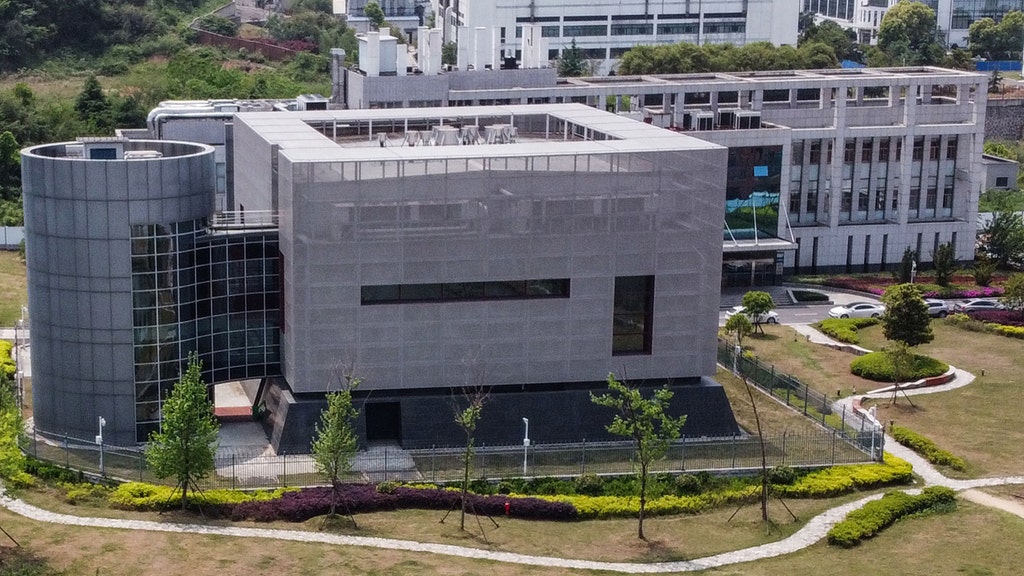Nostra
Diamond Member
- Oct 7, 2019
- 66,583
- 57,296
During the Barry Hussein regime China decimated our intel in China, and Barry did nothing.
China decimated US intelligence apparatus years ago, posing steep challenge during coronavirus cover-up
Reports emerged in 2017 that China had dealt a huge blow to the CIA's infrastructure within its borders. From 2010 through to around 2013, according to The New York Times, more than a dozen carefully curated assets in China were jailed or killed — with one even brazenly shot outside a government building as a perceived warning to others.
"It was devastating. The setback probably delayed the U.S. national security community from fully comprehending Beijing's move toward a more oppressive and assertive policy," Patrick Cronin, Asia-Pacific security chair for the Hudson Institute, told Fox News. "The gap in a sharper understanding of the Chinese Communist Party's true aims bought it more time to enact greater information suppression at home and more aggressive political warfare abroad."
The moves were deemed one of the worst in the agency's modern history.
"We didn't lose just a single spy. We lost entire networks," said Dean Cheng, senior research fellow and lead China expert at the Heritage Foundation. "That means that many of the various people who worked for us were all rolled up, which, in turn, would have devastated the credibility of our own agency and affected our ability to recruit new people."
According to multiple former intelligence officials, who spoke on the condition of anonymity given the sensitivity of the situation, the blow was felt hard — and some have questioned whether U.S. intelligence in the country ever adequately recovered.
"This was a well-planned, multifaceted strategic operation. First, blind your adversary. In this case, collect intelligence by hacking or other means to identify operatives. Then, remove those human assets or sources by imprisonment or execution. This is far more subtle than blinding our satellites, which would be an overt act of war," explained one former U.S. Army intelligence leader. "The best intelligence is Human Intelligence, HUMINT, which comes from recruited assets or 'agents.' That is confirmed or denied by other collection such as IMINT (imagery) or SIGINT (signals collection)."
The yearslong onslaught has subsequently made it "extremely challenging to recruit assets with access and placement, especially at the Wuhan Lab," one former defense intelligence analyst stressed.
"In a situation like this, it takes a significant amount of time to first figure out what the source of exposure was, so you do not keep falling prey to the same vulnerability, and then begin the spy recruitment and onboarding cycle," observed Greg Barbaccia, a former U.S. Army intelligence analyst and current expert in counterintelligence and insider threat.
And the recovery process is a protracted one.

 www.foxnews.com
www.foxnews.com
China decimated US intelligence apparatus years ago, posing steep challenge during coronavirus cover-up
Reports emerged in 2017 that China had dealt a huge blow to the CIA's infrastructure within its borders. From 2010 through to around 2013, according to The New York Times, more than a dozen carefully curated assets in China were jailed or killed — with one even brazenly shot outside a government building as a perceived warning to others.
"It was devastating. The setback probably delayed the U.S. national security community from fully comprehending Beijing's move toward a more oppressive and assertive policy," Patrick Cronin, Asia-Pacific security chair for the Hudson Institute, told Fox News. "The gap in a sharper understanding of the Chinese Communist Party's true aims bought it more time to enact greater information suppression at home and more aggressive political warfare abroad."
The moves were deemed one of the worst in the agency's modern history.
"We didn't lose just a single spy. We lost entire networks," said Dean Cheng, senior research fellow and lead China expert at the Heritage Foundation. "That means that many of the various people who worked for us were all rolled up, which, in turn, would have devastated the credibility of our own agency and affected our ability to recruit new people."
According to multiple former intelligence officials, who spoke on the condition of anonymity given the sensitivity of the situation, the blow was felt hard — and some have questioned whether U.S. intelligence in the country ever adequately recovered.
"This was a well-planned, multifaceted strategic operation. First, blind your adversary. In this case, collect intelligence by hacking or other means to identify operatives. Then, remove those human assets or sources by imprisonment or execution. This is far more subtle than blinding our satellites, which would be an overt act of war," explained one former U.S. Army intelligence leader. "The best intelligence is Human Intelligence, HUMINT, which comes from recruited assets or 'agents.' That is confirmed or denied by other collection such as IMINT (imagery) or SIGINT (signals collection)."
The yearslong onslaught has subsequently made it "extremely challenging to recruit assets with access and placement, especially at the Wuhan Lab," one former defense intelligence analyst stressed.
"In a situation like this, it takes a significant amount of time to first figure out what the source of exposure was, so you do not keep falling prey to the same vulnerability, and then begin the spy recruitment and onboarding cycle," observed Greg Barbaccia, a former U.S. Army intelligence analyst and current expert in counterintelligence and insider threat.
And the recovery process is a protracted one.

China decimated US intelligence apparatus years ago, posing steep challenge during coronavirus cover-up
As the coronavirus continues to assault the globe – and red flags are being raised over exactly how the novel pathogen originated in the Chinese city of Wuhan – a glaring spotlight has been cast on US intelligence operations in the region and the Communist Party (CCP) 's quest to kill and...
